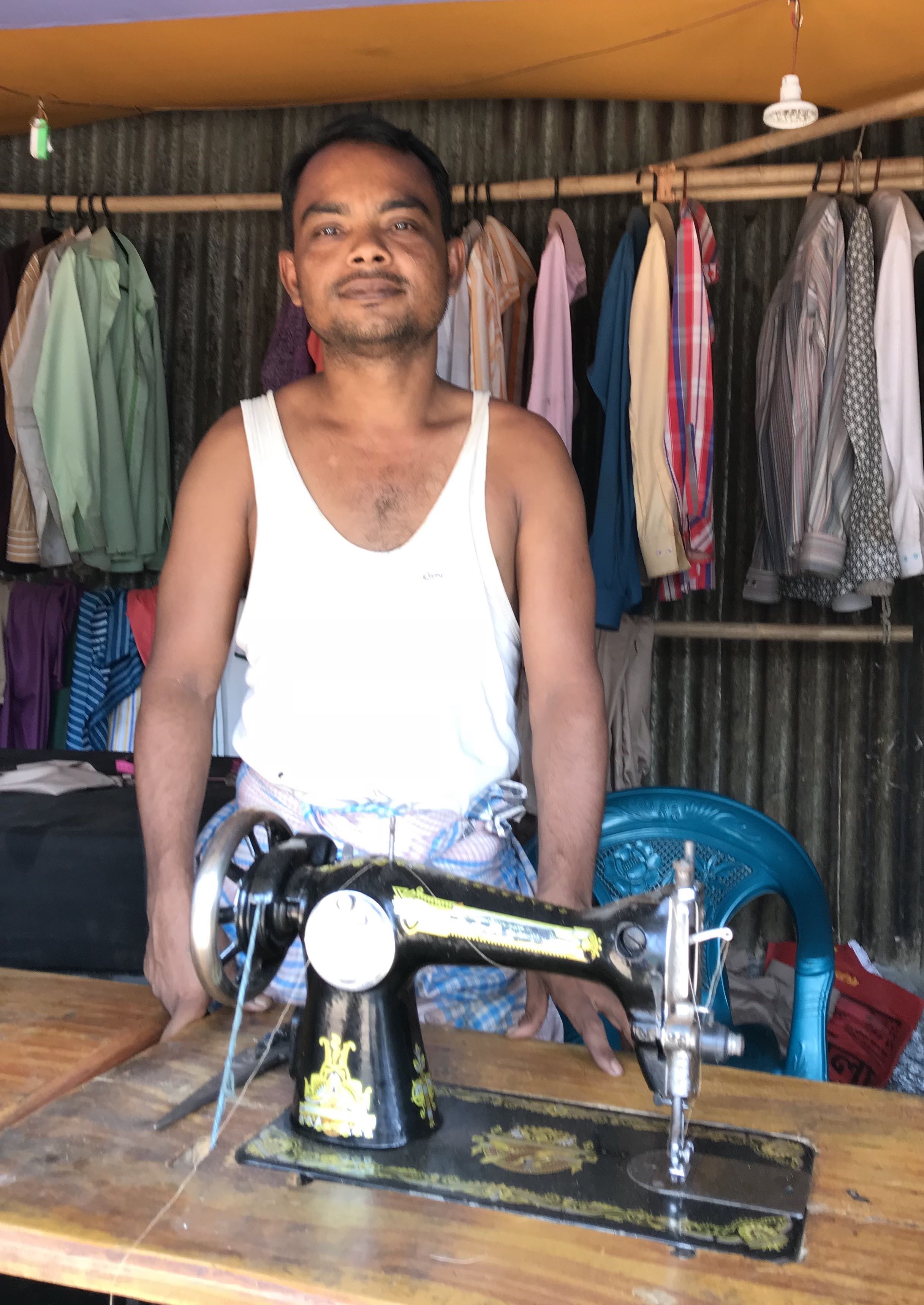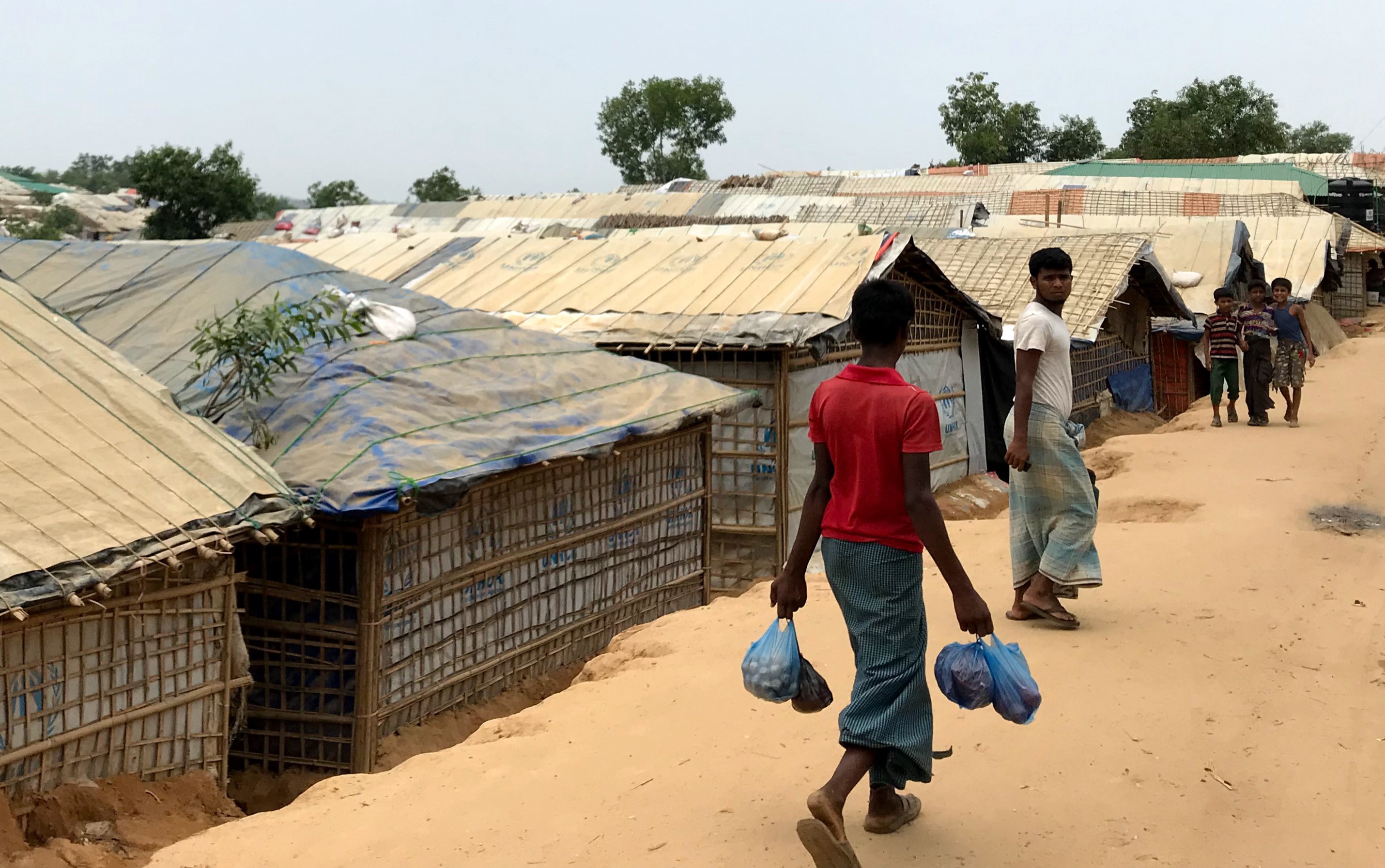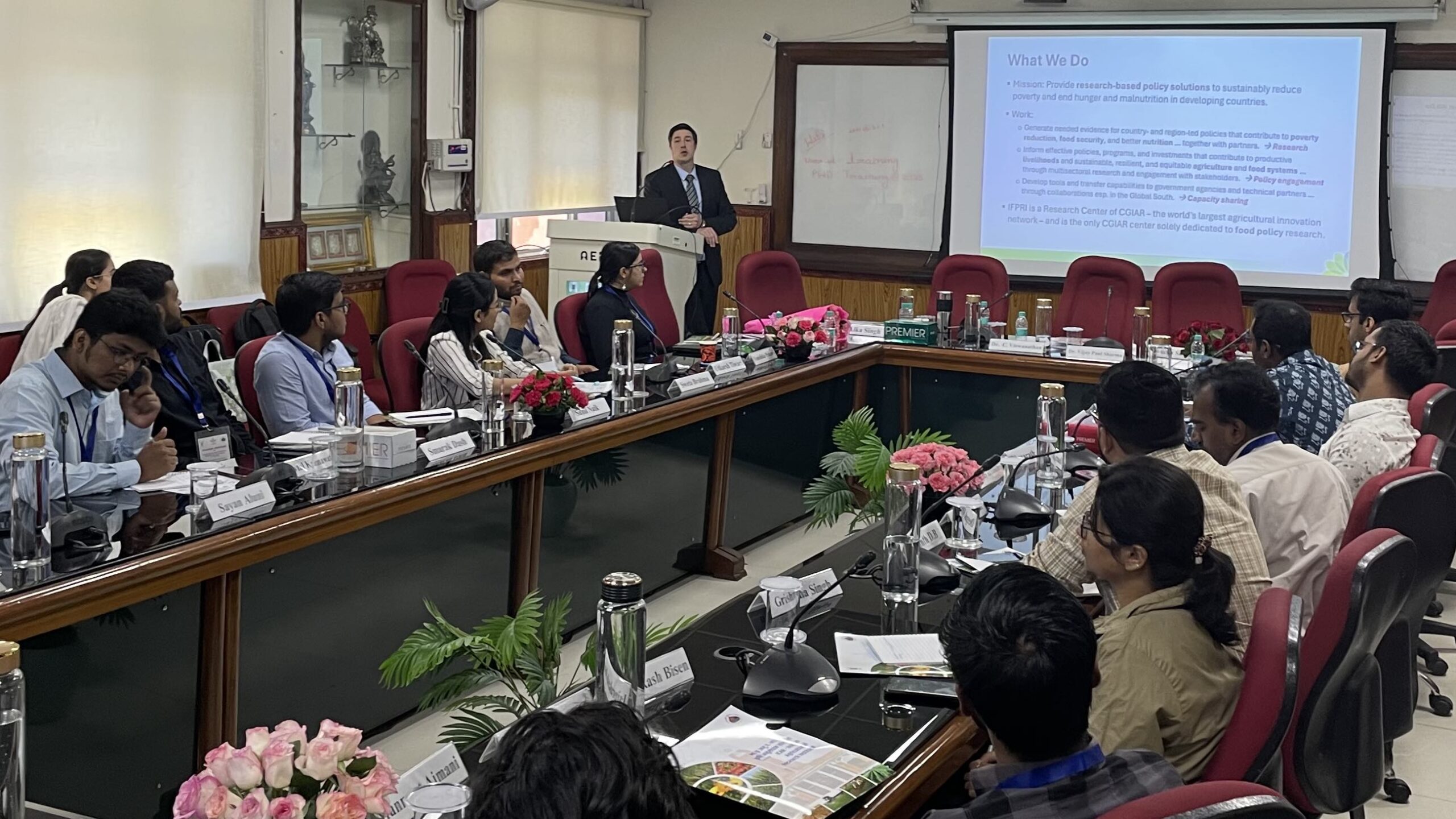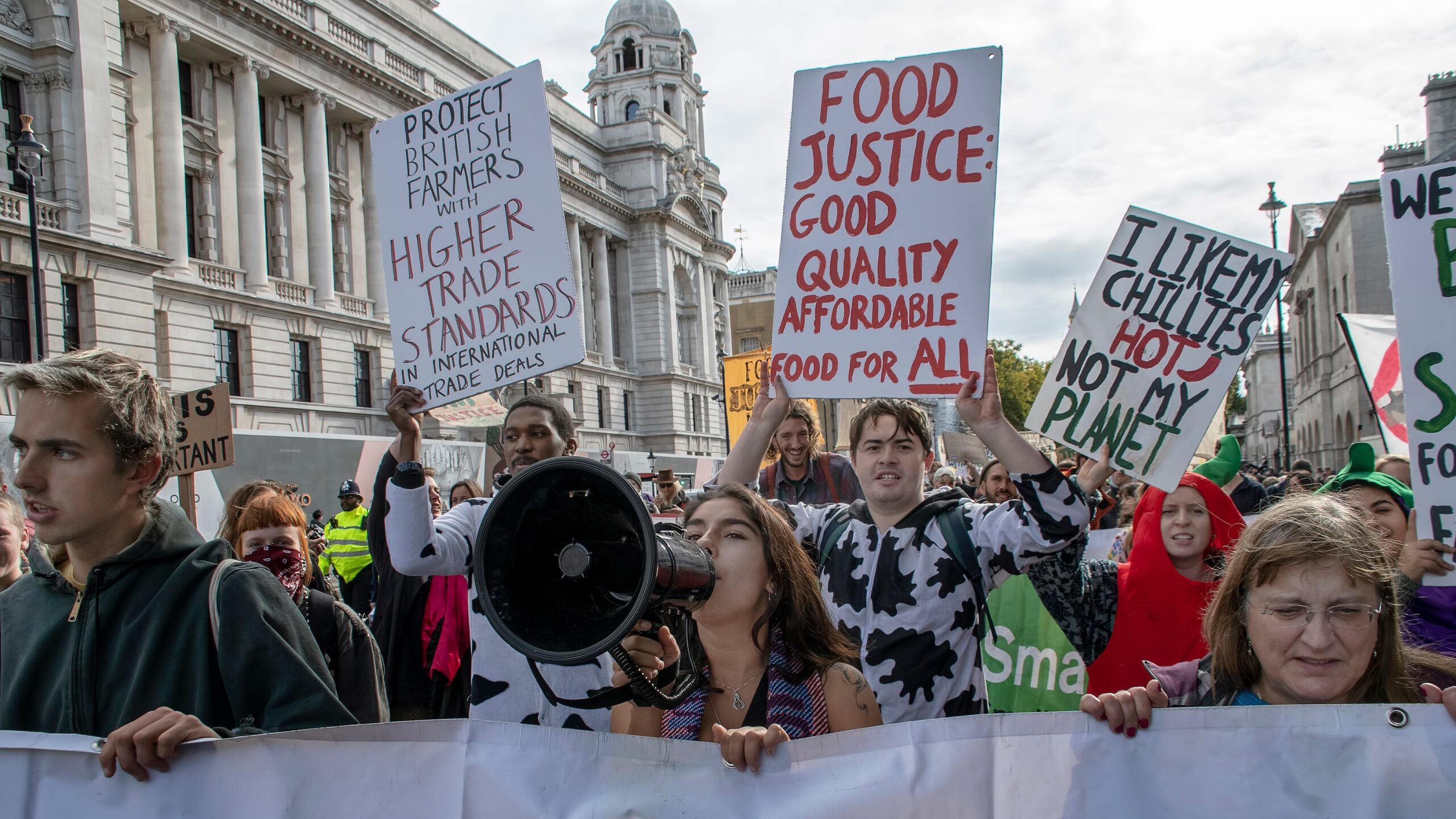This year’s World Refugee Day (June 20) marks a grim reality: The global refugee crisis continues with little sign of improvement. Every day, thousands of migrants undertake life-threatening journeys attempting to escape hardship, while in the West, empathy for their plight seems to be gradually eroding. Around the world, millions remain stuck in camps with little prospect for change. Notably, about 900,000 Rohingya fleeing violence in Myanmar are trying to survive in Bangladesh—700,000 of those arrived between Aug. 2017 and Feb. 2018 (most do not have official refugee status).
More than half a million of them are living in what is now far and away the world’s largest refugee camp, Kutupalong.
In this grim context, IFPRI partnered with the World Food Programme (WFP), the Bangladesh Institute of Development Studies (BIDS), and the Development Research Initiative (dRi) to start a research project in Kutupalong and surrounding camps. This research focuses not only on refugee health and welfare, but also on refugee businesses and enterprises. In contrast to the stereotype of refugee camps as dreary places where people sit idle waiting for aid rations, in reality refugees lead economic lives that are surprisingly rich given their circumstances. Even in the face of mounting adversity, camp economies are an excellent showcase of the human enterprising spirit.
In May, two teams of researchers went to Kutupalong for scoping and data collection. While data cleaning is still underway, we have a few initial findings to report:

A tailor in the Kutupalong camp
- The variety of business activities refugees engage in is surprisingly broad. People can purchase food or household goods from small retailers scattered throughout the camp. They have access to restaurants and tea stalls. Tailors have procured sewing machines and hair stylists barber chairs, set them up inside their shelters and opened for business. Trishaws and electric three-wheeler taxis zoom around the camp as they would in any South Asian town.
- Business density is fairly high. The camps are divided into “blocks,” each with a few dozen to a few hundred households. Our data shows that two thirds of all blocks have at least one dry goods shop, 20 percent of blocks have at least one tailor, and 15 percent have a restaurant or tea stall. There are roughly 2 dry goods shops per 1,000 camp-dwellers.
- Camp economies emerge fast. Kutupalong’s first blocks were established three decades ago, but most appeared within the past year as the flow of refugees suddenly intensified. Of the blocks established within the past 12 months, 60 percent already have a small dry-goods shop, and 20 percent already have a tailor; 38 percent of the businesses we surveyed had been started in 2018. As prospects of leaving the camp are slim, we can expect businesses to continue springing up.
- Local hosts also participate in the camp economy. Some businesses outside of the camp hire refugee workers, and some also do business in the camp. About a third of all businesses operating inside the camps are run by Bangladeshis from the host community. Those entrepreneurs come seeking business opportunities, often engaging in the type of activities that require higher capital input: Driving taxis, lending money, selling phone services, etc.
These observations may seem encouraging; still, the severe humanitarian crisis continues uninterrupted. The sheer scale of the Rohingya exodus is staggering, and the Bangladesh authorities were understandably unprepared and underfunded for dealing with such a massive inflow of people. June marks the onset of the monsoon, which makes an already precarious situation much worse: Water- and mosquito-borne diseases spread faster, and sanitation becomes even more challenging. Most dramatically, the risk of mudslides on recently-deforested land threatens thousands of lives. Yet the global community seems to have largely moved on to other issues. As the camp races against the rains, we hope our work on refugee economies can serve as a reminder of how much we all have in common with the Rohingya.
Mateusz Filipski is a Research Fellow in IFPRI’s Development Strategy and Governance Division.







